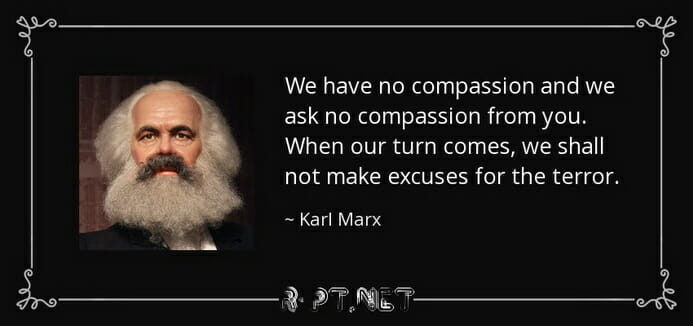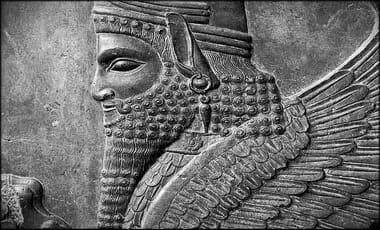I’m black. You know that and I know that, but there are many who insist I’m not. According to the Afrocentrics and those who patronize them, I’m whitewashed. It’s funny when I’ve got liberal, white people trying to tell me they’re blacker than I am. Wow! How is it that white people trying to be black can accuse me of trying to be white? That’s some hypocrisy that’s just too funny! They’re taking blind shots, hoping to get a nod from the black community to sedate their white guilt.
Don’t you love it when white liberals insult anybody white, male, and heterosexual, feeling like they get a pass because, after all, they claim to fight for minorities? These white liberals do not intend to legitimately help these minorities, they just don’t want those minorities to turn against them.
So, the only thing these white, liberal democrats (the true white devils, mind you) do for the so-called minorities is pander. Liberals manipulate many non-whites and women with one simple tool—the tool that can turn even loved ones against you. The very tool that changed Adam and Eve’s perception of God—a deadly tool—accusation.
The very name Satan does not translate to mean Evil One, Deceiver, Prince of Darkness, or even Tempter. His name literally means Accuser.
When Satan spoke with Eve, he accused God of not wanting them to eat from the tree of knowledge of good and evil because God didn’t want them to be like God. That was the statement that broke Eve. That was what damaged the relationship between God and humanity.
Satan’s accusation made it sound like God was trying to keep Adam and Eve down, doesn’t it? This caused Eve to be envious of God and to distrust Him. Satan made it look like God was holding out and hoarding power—it made it look like He had arrested humanity’s development.
What if we apply that truth to our political situation? The Republicans are just trying to arrest the development of the black community. They don’t care about blacks, or women, blah, blah, yap, yap, etc. It’s fitting that women would be easily manipulated by liberalism because Satan, the biggest liberal of them all, went to Eve first, and manipulated her by causing her to not trust another male figure. Just like Adam and Eve trusted the accuser who wanted them destroyed, the majority of minorities—the black community, Hispanics, women, and secular Jews—trust the party that would see them destroyed.
So check this out. Before Lucifer became the Accuser, he was God’s most anointed cherub. Now, just as there was a Civil War because Democrats didn’t see blacks as worthy to be considered human, God’s most anointed cherub did not see humans as worthy of the position for which God created us.
As Lucifer became Satan, he formed a confederacy. He used accusations and discourse such as, God wants only to control us! We should be allowed to live out our own destiny, outside of His design! God has this idea of humans having authority in our society. What about our authority? What about our great society that God wants to stain with these humans by bringing them into existence with us? We’re superior. They have no place among us! They’re not fit to even look on us!
Man, what a hater!
These accusations rallied a third of the angels behind the rebellious cherub, and he led an attempted coup against the Throne. He fell, and (as is typical of Satan) he used another accusation to bring a curse upon humankind in Eden. That curse still affects us, and the Democrats have learned to manipulate this weakness. “You shall not bear false witness against your neighbor” is a command the Democrats depend on breaking in order to gain power. They do just as the Accuser does.
Now, Satan didn’t (and still doesn’t) know how good he had it, crying about oppression in heaven. Liberals are the same way today—crying about oppression in America. Hey, wanna have some fun? Ask some liberals why they’re Democrats. Chances are real good that the first thing they’ll give you is an accusation. I’m a Democrat because the corporations are corrupt, and because republicans are destroying the earth. They are against equal rights! They are bigoted, sexist homophobes, rabble, rabble, rabble.
Hey! Liberal! I didn’t ask you why you’re not a Republican. I asked why you are a Democrat. Accusations made by Democrats encourage prejudice and animosity against Republicans—the people that fought for the freedom of blacks and the equality of women. What have Republicans gotten in return? Hatred.
Alfonzo Rachel, Weapon of A.S.S. Destruction (Powder Springs, GA: White Hall Press, 2012), 37-39.






